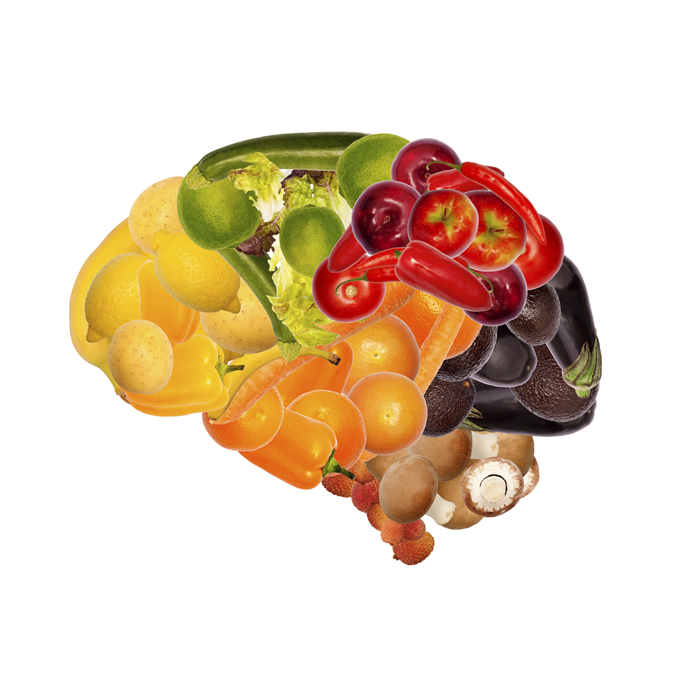Alzheimer’s Disease
-

Dementia linked to diet
Some memory deficits observed in Alzheimer’s disease may be due to co-morbid illnesses – not the disease itself – and may be reversed by lifestyle changes or pharmacologic interventions. Read MoreFeb 7, 2017
-

Investigational new drug for Alzheimer’s scheduled for first study in humans
Vanderbilt University scientists have received notification from the U.S. Food and Drug Administration that testing in humans may proceed for an investigational new drug for Alzheimer's disease after more than 10 years of research by scientists at Vanderbilt University and Vanderbilt University Medical Center. Read MoreDec 27, 2016
-

Alzheimer’s study establishes way to measure resilience
Vanderbilt researchers have established a new measure of resilience to cognitive impairment in people with asymptomatic Alzheimer’s disease. Read MoreNov 10, 2016
-

Vanderbilt study shows people with Alzheimer’s have lower ability to perceive pain
People with Alzheimer’s disease don’t perceive pain as readily as healthy older adults, and this may lead to delays and underreporting of pain. This alteration in pain detection may be one reason that people with Alzheimer’s disease and pain tend to be undermedicated and suffer unnecessarily, a trans-institutional group of Vanderbilt researchers reported recently in BMC Medicine. Read MoreJul 12, 2016
-

Alzheimer’s risk gene in younger adults
A genetic risk factor for Alzheimer’s disease in later life appears to benefit younger adults as they age. Read MoreJun 2, 2016